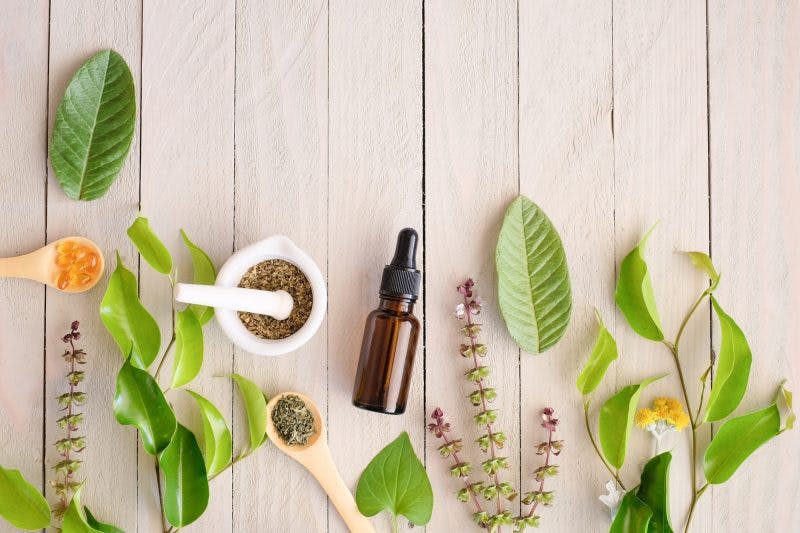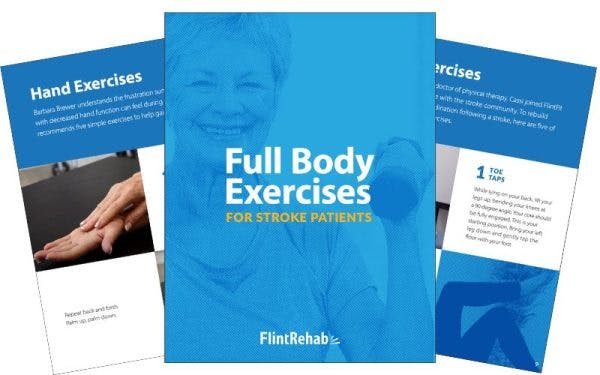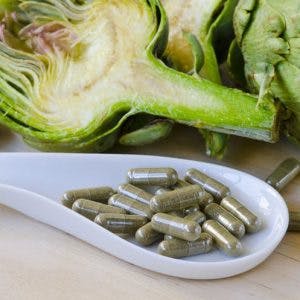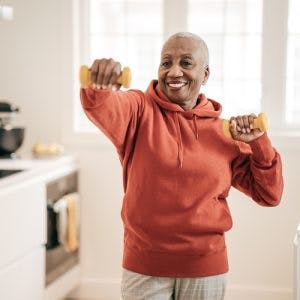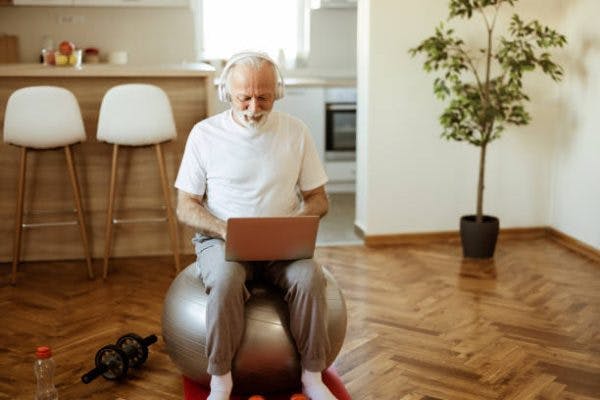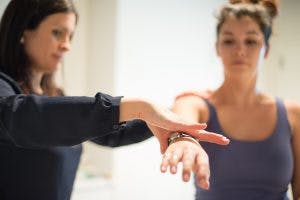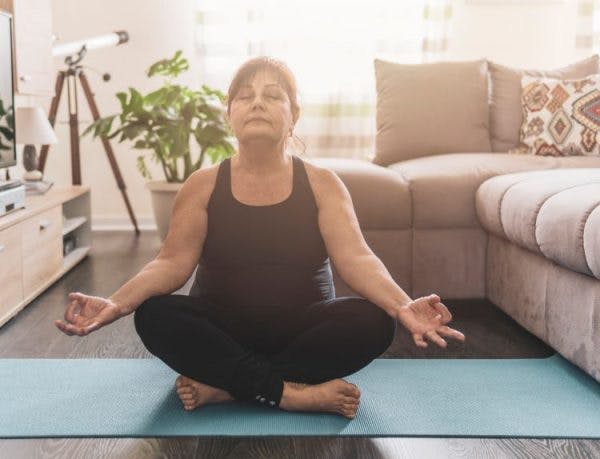Treatment for stroke recovery often involves rehabilitative therapies and pharmaceutical medications. However, many survivors choose to supplement their treatment with more natural options, such as utilizing essential oils for stroke recovery.
While using essential oils for stroke recovery will not remediate all stroke-related symptoms, they may help relieve certain secondary effects of stroke such as anxiety, fatigue, and insomnia. Just as every stroke is unique, each essential oil has unique properties that may be able to relieve specific ailments.
This article will provide an overview of stroke recovery principles, as well as discuss some of the benefits and drawbacks of essential oil use. Eight of the most commonly used essential oils for stroke recovery will also be introduced. Please use the links below to jump directly to any section of this article.
- What happens during stroke recovery?
- Benefits and drawbacks of essential oils
- The best essential oils for stroke recovery
What Happens During Stroke Recovery?
A stroke occurs when the blood supply within the brain becomes compromised, depriving the brain of oxygen and other necessary nutrients. This causes the affected areas of the brain to become damaged, resulting in a change in or loss of related functions. The effects of stroke vary widely, and may include physical, emotional, cognitive, and/or behavioral changes.
While directly treating each effect of stroke may lead to some improvements, it does not address root cause. Therefore, the best way to promote stroke recovery is through stimulating the brain to regain control over affected functions. This can occur by activating a process called neuroplasticity.
Neuroplasticity is the brain’s ability to rewire itself. This allows the brain to adapt and recover functions affected by traumatic events like stroke. Neuroplasticity is promoted through repetitively practicing exercises and activities related to affected functions. This consistent practice signifies to the brain that there is a demand for that specific function, resulting in the strengthening of related neural pathways.
Although essential oils are not able to activate the process of neuroplasticity, they can help ease some of the psychological and physical effects of stroke. Furthermore, although not highly researched, some essential oils have been found to potentially increase the levels of brain-derived neurotrophic factor (BDNF), a protein in the brain that promotes neuroplasticity.
Boosting neuroplasticity is vital to achieve an optimal recovery after stroke. However, essential oils can also help to promote recovery and alleviate specific secondary effects. Therefore, essential oils for stroke recovery are often best used as an adjunct treatment to traditional rehabilitative therapies that focus on neuroplasticity.
Benefits and Drawbacks of Essential Oils for Stroke Recovery
Essential oils are concentrated and aromatic chemical compounds distilled from plants. As a natural form of medicine, essential oils can be easily purchased and have relatively few side effects. Essential oils can be massaged into the skin or aromatized to stimulate recovery within the brain and body.
Since essential oils are not widely regulated, not all oils are produced with quality materials. Therefore, unless directed by a doctor, essential oils should not be ingested. Some individuals may experience a sensitivity or allergic reaction to certain essential oils. One of the most common adverse reactions of using essential oils is dermatitis, a condition in which the skin breaks out in an uncomfortable rash. Reactions may be avoided by diluting the essential oil with a carrier oil.
While diffusers are commonly used for distributing essential oils, it is often best to avoid diffusing oils while in an area occupied by multiple people. This is because different individuals may have different reactions to specific essential oils. Accessories designed for aromatherapy, such as necklaces, key chains, or aroma sticks, tend to be more effective in focusing the effects of an essential oil toward only the intended individual.
Not all survivors find that essential oils are effective. However, many have discovered that using essential oils for stroke recovery is an inexpensive, low-risk option to help manage some of the after-effects of stroke they may be experiencing.
The Best Essential Oils for Stroke Recovery
Each essential oil has specific properties that set it apart from others, making the effects of each oil unique. Depending on these properties, survivors may find that some essential oils are more beneficial for their specific condition than others.
To help guide survivors in the right direction, the following list includes some of the best essential oils for stroke recovery:
1. Lavender
Lavender oil has been demonstrated to have numerous neuroprotective properties. In addition to being extremely versatile, lavender oil can have antioxidant and anti-inflammatory effects, potentially minimizing the effects of stroke.
Lavender oil can be used as a natural sedative to reduce stress and promote sleep, as an antidepressant to regulate mood, and as an analgesic to relieve pain. Furthermore, lavender oil may also be able to enhance memory functions.
2. Frankincense
Frankincense oil has antioxidant, anti-inflammatory, and anti-viral properties. This makes it ideal for healing pressure sores (damage to the skin caused by prolonged pressure), which are common among stroke survivors who experience severe paralysis. Frankincense oil can also support mental health by influencing the limbic system (the area of the brain responsible for regulating instinct and mood).
3. Eucalyptus
Eucalyptus oil is another commonly used essential oil with antiseptic, antioxidant, and antiviral properties. It helps promote cellular activity and circulation to relieve headaches as well as muscle and joint pain, which are often experienced by stroke survivors. As a natural stimulant, eucalyptus oil can boost attention and combat brain fog after stroke.
4. Chamomile
Many stroke survivors have difficulties sleeping through the night because of complications like anxiety and pain. Chamomile oil produces a soothing, sedative effect that helps calm the mind and ease nerve tension by inhibiting the release of pain-producing chemicals called prostaglandins.
5. Rosemary
Rosemary oil helps stimulate the brain to reduce lethargy, enhance mental clarity, and boost motivation, which can help stroke survivors focus on their rehabilitation. It can also help reduce inflammation and soothe muscle aches, joint pain and stiffness. This can be especially helpful for survivors with spasticity (involuntary muscle contractions). As a precaution, survivors with hypertension (high blood pressure) should ask their doctor before using rosemary oil because it may further increase their blood pressure.
6. Peppermint
Peppermint oil can help ease dizziness and nausea caused by secondary complications and medications. It also helps stimulate brain activity for improved concentration and memory. When massaged into the skin, peppermint oil has a soothing and cooling effect that can calm nerves and relieve pain.
7. Lemon
Lemon oil can especially helpful for stroke survivors experiencing extreme fatigue, lack of motivation, and sluggishness. When inhaled, lemon oil can improve mood and boost energy levels for better performance. It also has purifying properties that can help detoxify the body and promote digestion.
8. Clove
Clove oil has many positive effects. In addition to having antimicrobial, anti-inflammatory, and antioxidant effects, it can also act as an analgesic to help relieve pain. Due to its antiviral properties, clove oil may also promote wound healing.
Furthermore, the primary component of clove oil, known as eugenol, has been shown to increase BDNF, a protein involved in promoting neuroplasticity. Therefore, using clove oil may enhance the adaptive changes being made in the brain throughout the recovery process.
While there are similarities between many of these essential oils for stroke recovery, each one is able to provide unique healing properties. Even though essential oils are readily available, it is best to discuss the addition of any essential oils or other alternative therapies with one’s doctor before starting.
Understanding Essential Oils for Stroke Recovery
There are many excellent potential benefits of using essential oils for stroke recovery. When used appropriately, the specific properties of each oil can help stroke survivors manage the secondary effects of stroke to boost recovery.
Everyone has a unique experience using alternative therapies, so results are not guaranteed. However, essential oils are generally affordable and have minimal side effects when used safely. Hopefully this list is a helpful guide to some of the best essential oils for stroke recovery.

